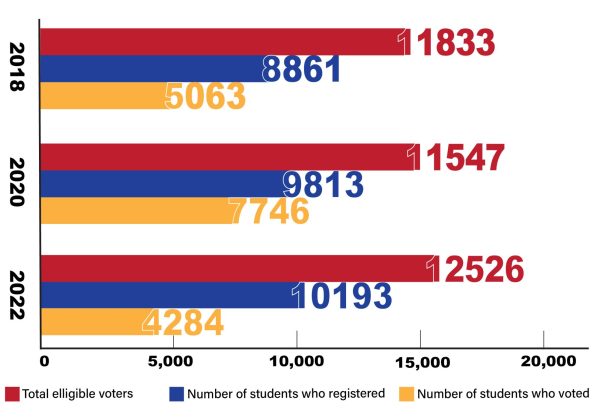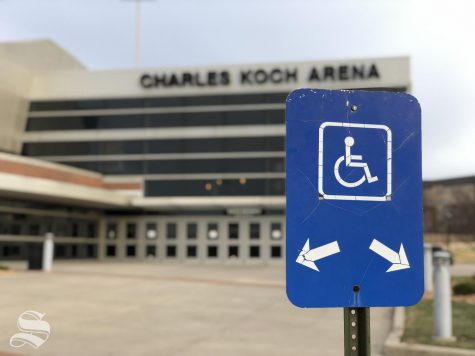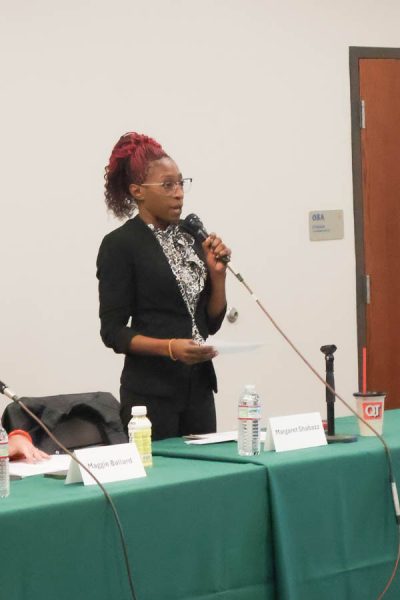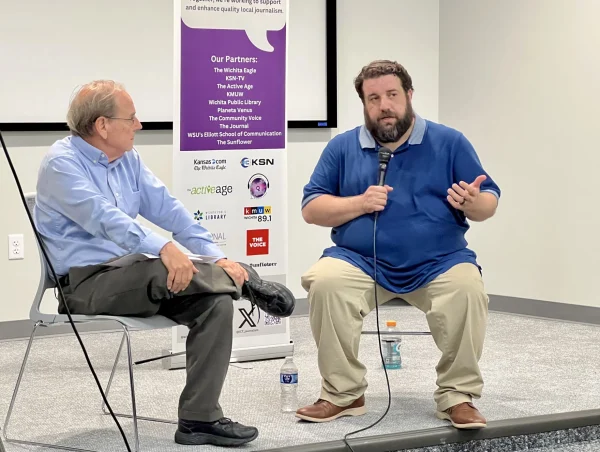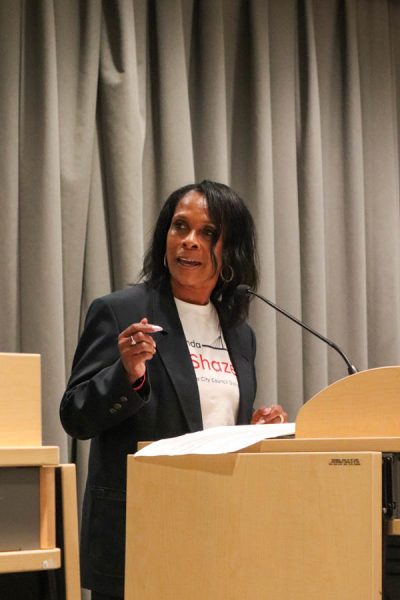Alumnus talks code-switching, gang life at Diversity Lecture Series event
Harold Wallace III
In the third installment of the Office of Diversity and Inclusion’s Diversity Lecture Series, alumnus Harold Wallace III spoke Thursday about code-switching at the CAC Theater.
Originally from Compton and Inglewood, California, Wallace is currently the director of the Wilbur N. Daniel African-American Cultural Center at Austin Peay State University.
“If you know anything about either of those places, you know they are filled with a lot of different gang violence,” Wallace said.
Wallace talked about joining a gang to survive. He said he felt he had no choice but to join, but he made it clear to the audience that he was not glorifying his experience.
“I learned to navigate that gang life just to learn to be smart enough to get out of it,” Wallace said.
He then moved to Kansas, away from the violence of Los Angeles, and was able to flourish, Wallace said.
“This was the first time I was able to think, ‘I might actually be able to go to college,’” Wallace said. “It was only because I didn’t have to look over my shoulder anymore.”
Wallace spent most of the speech discussing “the exhausting yet necessary art of code-switching.”
Code-switching is when an individual uses a different form of language or dialect depending on what situation they’re in. It has become an important topic when looking at the African-American experience in the United States.
“I want you all to become comfortable with it and understand that it is not being fake,” Wallace said. “Realistically, we want to make sure we do everything we need to do to feed our family, to do to take care of ourselves.”
Wallace spent time talking about how Obama code-switches all the time, think the Key and Peele sketch of Obama shaking hands, and how he was normalizing it for everyone.
The whole purpose of the speech, Wallace said, was to make people feel more comfortable with code-switching because he sees it as essential to success.
The speech concluded with questions from the audience, mostly talking about Wallace’s experiences as a gang member and how he was able to escape it.

Olivia Babin was a staff writer and designer. Babin majored in political science and communications with minors in anthropology and art history. She is...




